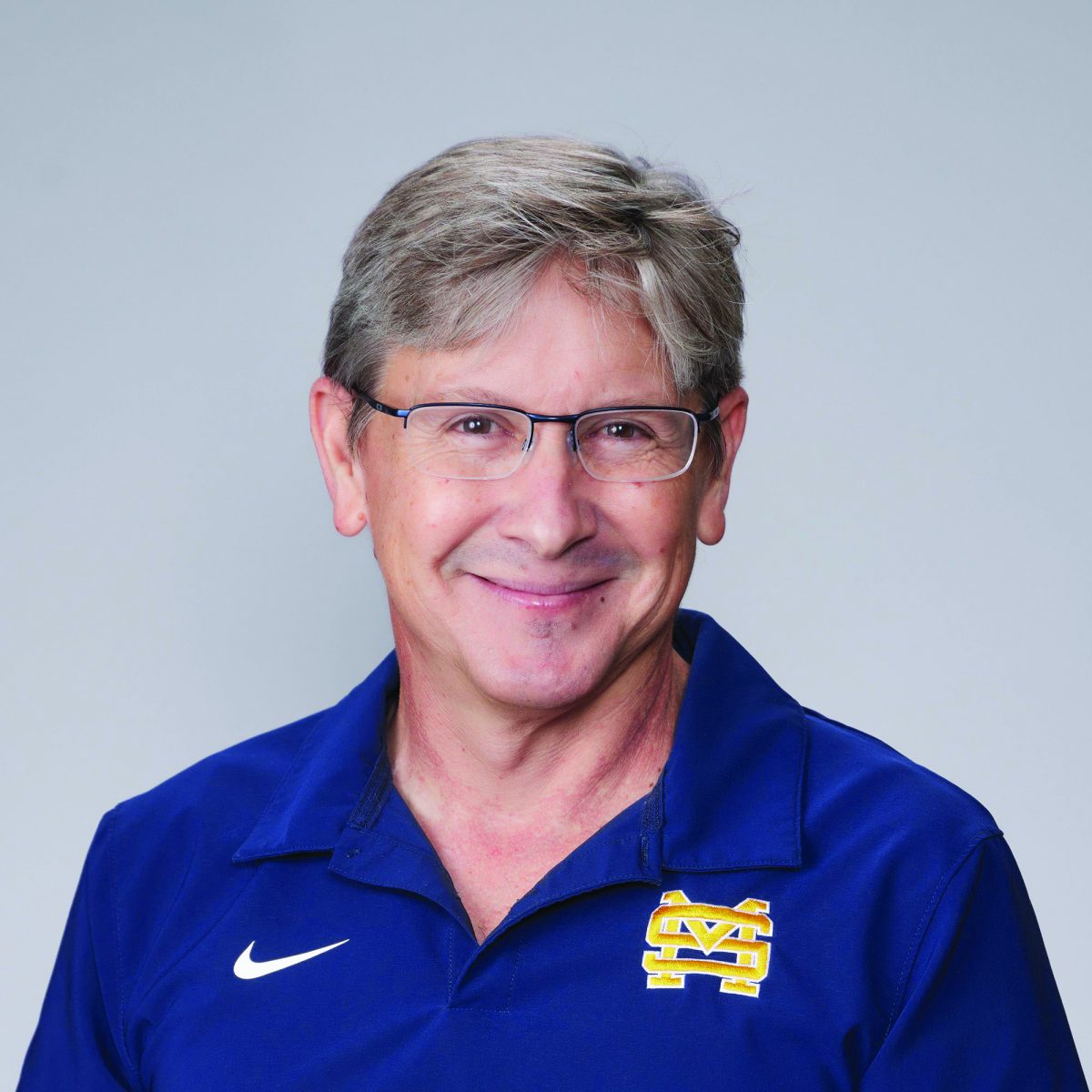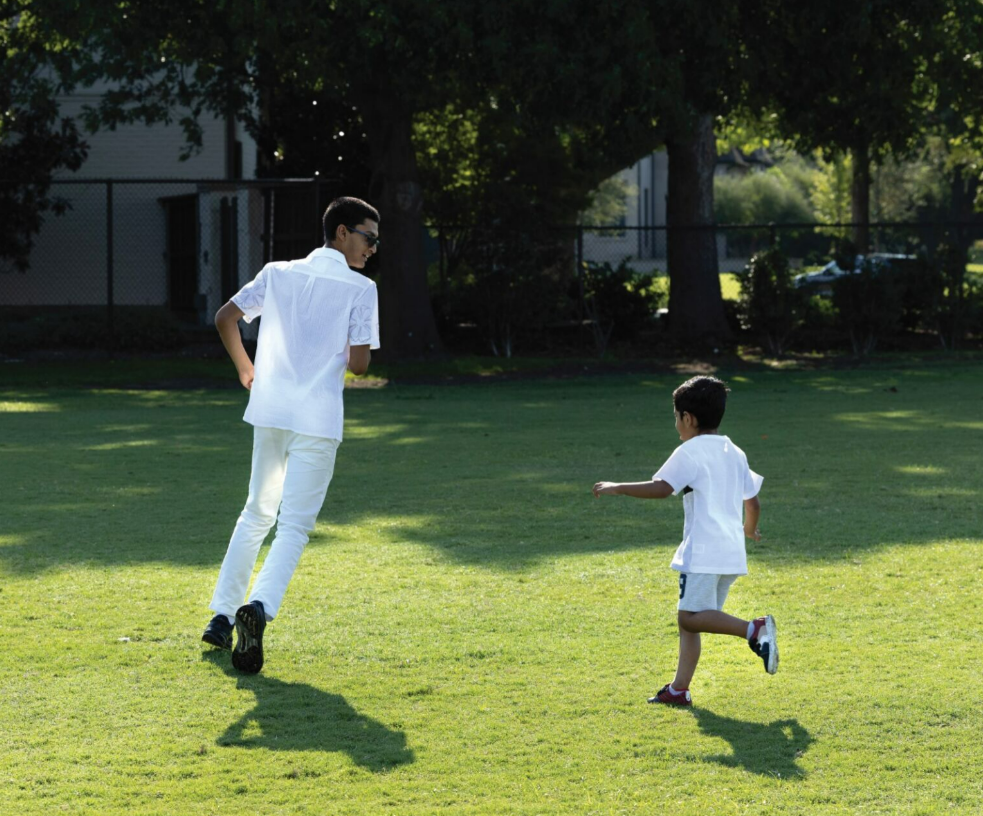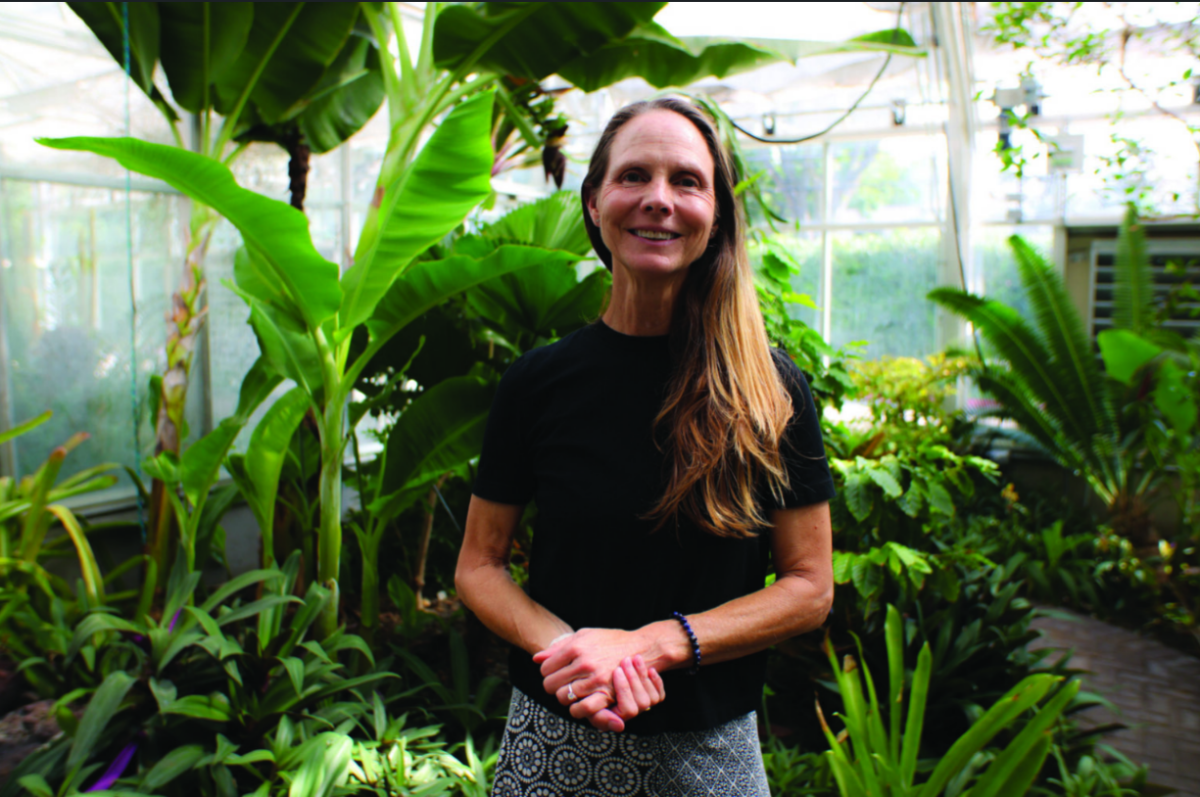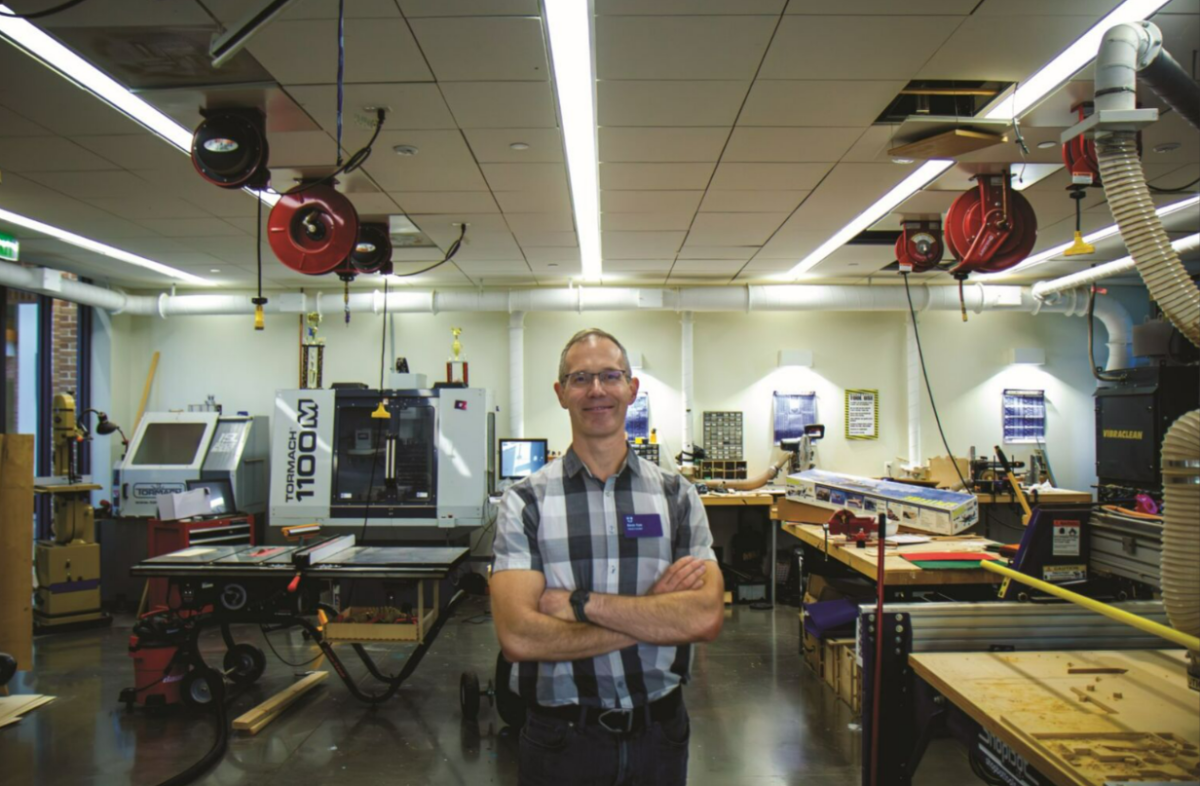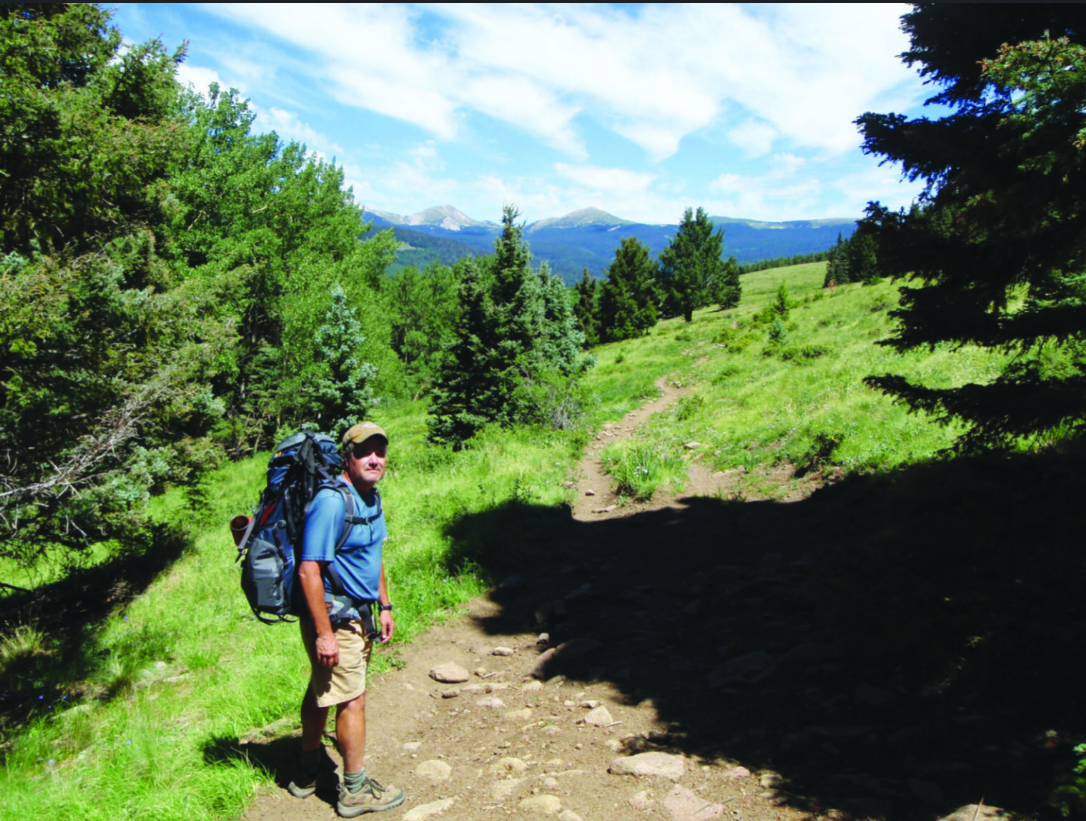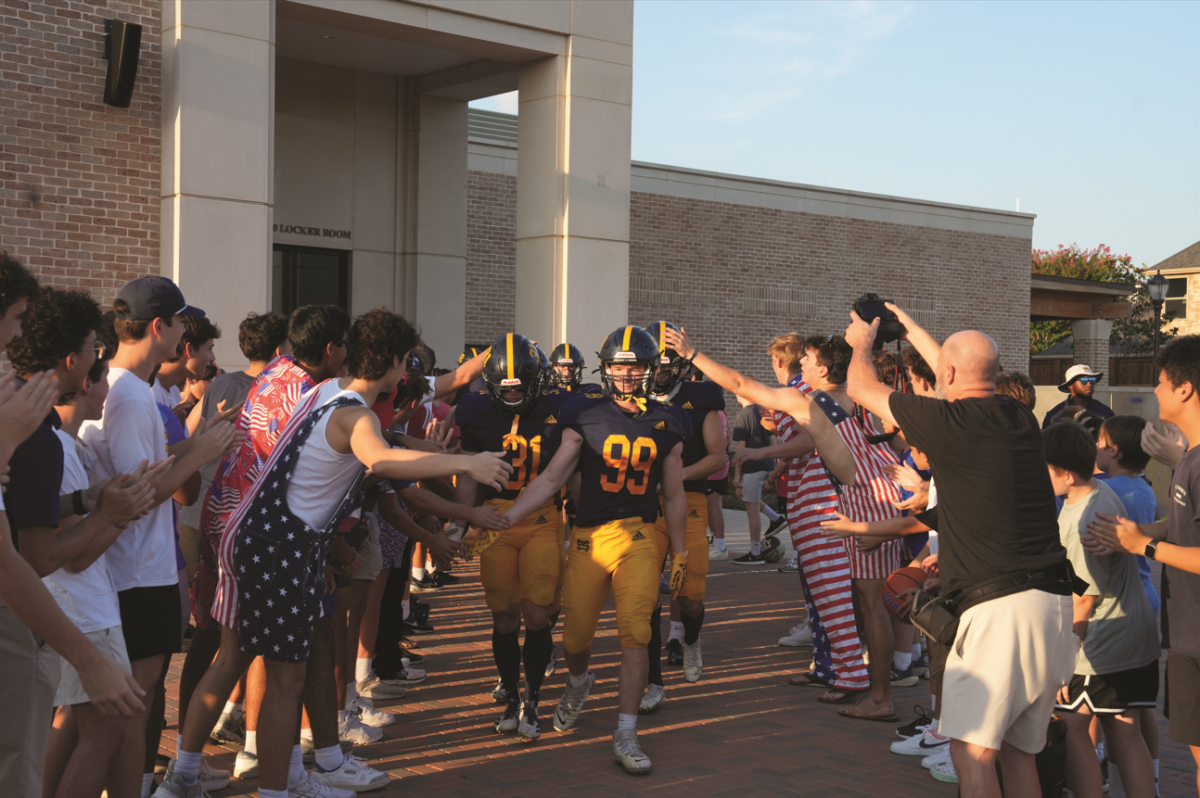While many college students today worry about getting the perfect internship or crafting the perfect resume, History and Social Sciences Department Chair David Fisher had always used the summer months as little opportunities to branch out and try new things. After his freshman year at Harvard, Fisher was still trying to decide what exactly he wanted to devote the rest of his life towards, and at that point in time, he thought it could be Latin American Studies.
Luckily, his brother-in-law happened to be setting up research and conservation centers throughout South America, and offered him a job at a ranch in Venezuela.
The drive from the Simon Bolivar International Airport to the Hato El Frío ranch deep in the Venezuelan Llanos took 20 hours. The first thing Fisher noticed when he stepped onto the sprawling green Venezuelan landscape was the hut.
His humble abode for the next two months consisted of a bedroom for the occasional guest researcher or tourist, a kitchen and then a second, smaller, bedroom where Fisher would be staying. As he made himself comfortable in his room consisting of a hammock, a mosquito net and some books, he was given the keys to a Land Rover, a shotgun and instructions on how to care for the various creatures around the ranch, such as the pregnant crocodile that resided just yards away from the hut.
His tasks for the summer were simple: he needed to clean and maintain the hut in preparation for occasional guests, show visitors around the ranch, and, most importantly, protect and feed the crocodile.
So began the most bizarre summer job Fisher had ever worked. While it wasn’t always constant back-breaking labor, it was so unlike anything he had ever experienced before that every day brought new opportunities to learn.
The nearest grocery store was over two hours away by car, so most of his meals came from fishing or hunting, specifically the piranhas in the river or the wild groups of capybara that trot around the ranch. But with every successful hunt came the careful task of preparing the pounds of meat and the arrival of hundreds of birds of every kind.
Vultures, caracaras and hawks all swarmed the trees at the scent of a possible meal. If Fisher left his kill alone for even a moment, he knew that a it would be picked clean by the squawking feathery mass above him.
The greatest challenge was the near complete isolation Fisher faced. His weeks spent alone gave him nothing but time to think. There was a Dutch zoologist who stayed for a single week, and some assorted tourists that left almost as soon as they arrived, but he lacked any real human interaction. His only contact with the outside world was a small handheld radio.
Fisher’s experience with isolation and nature solidified his perspective that prioritizes living freely, and with a purpose. Whenever opportunities arise, he takes advantage of them as much as possible. For Fisher, if he isn’t living an adventure then he’s doing something wrong.
Caring for crocodiles with Mr. Fisher
April 17, 2025
Categories:
History and Social Sciences Department Chair David Fisher
More to Discover
About the Contributor
Diego Armendariz, Sports Editor


